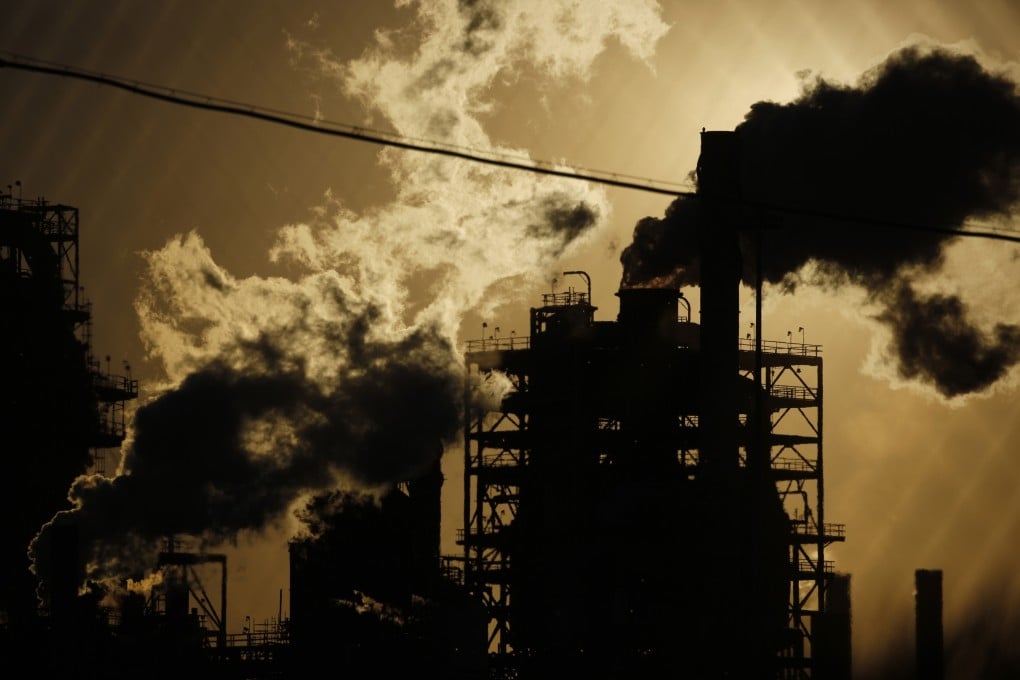Why oil prices will stay high despite global shift to green energy
- The world cannot transition to a low-carbon economy without initially deploying a lot of high-carbon-producing energy to build the required green infrastructure
- The age of oil might be drawing to an end, but for now the price of crude should remain high even as the world goes green

Sheikh Zaki Yamani, then Saudi Arabia’s oil minister, said in 1973, “The Stone Age did not end for lack of stone, and the Oil Age will end long before the world runs out of oil.”
With policymakers around the world intent on addressing climate change through a transition to low-carbon green energy sources, that might suggest demand for and the price of crude oil are going to decline.
In the same way, enhancing global electrification as part of the transition to a greener world economy will require an awful lot of copper to be mined for use in the electrical wiring. That helps explain why investors pushed the price of copper to a nine-year high last week.
The International Energy Agency estimates, in China’s case alone, that demand for crude oil will reach 14.9 million barrels per day (bpd) in the fourth quarter of this year. That figure is higher than the 14.1 million bpd in the pre-coronavirus final quarter of 2019.
